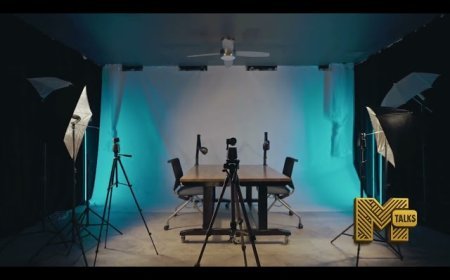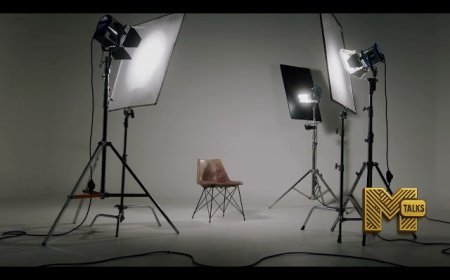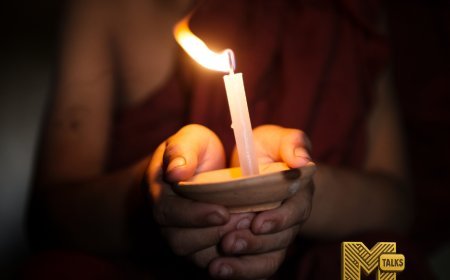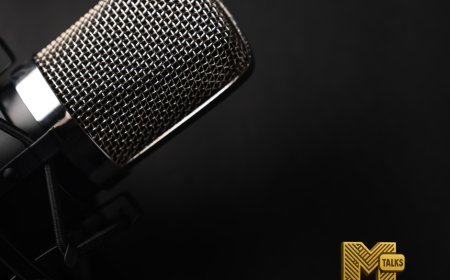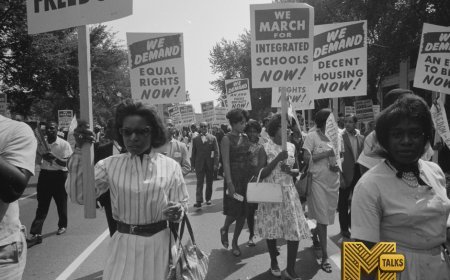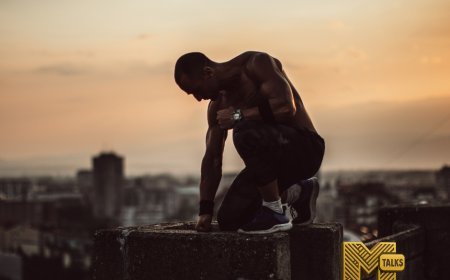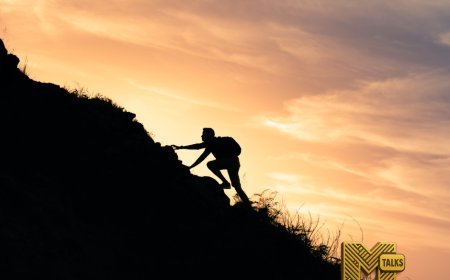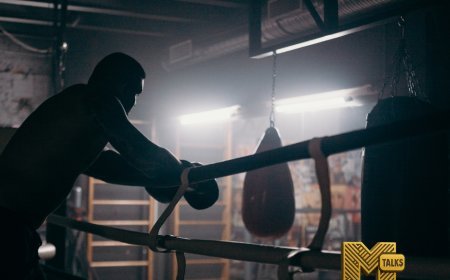The Joe Rogan Experience
Joe Rogan's early life wasn't without its challenges. He describes a difficult childhood, marked by an abusive father and frequent moves. This early instability instilled in him a deep desire for control over his own life and a drive to build himself from the ground up. He found solace and discipline in martial arts, beginning with Taekwondo at a young age. This wasn't just a hobby; it was a passion that he pursued with intense focus, eventually becoming a Massachusetts full-contact Taekwondo champion for four consecutive years and even winning the U.S. Open Taekwondo Championship as a lightweight. Martial arts gave him confidence, self-discipline, and a different perspective on what he was truly capable of.

Today, I want to talk about a journey marked by relentless curiosity, unwavering dedication, and the courage to carve an unconventional path: the story of Joe Rogan. Many know him as the host of one of the world's most popular podcasts, a UFC commentator, or a stand-up comedian. But beneath the public persona lies a narrative of self-reliance, consistent effort, and the power of embracing discomfort.
Joe Rogan's early life wasn't without its challenges. He describes a difficult childhood, marked by an abusive father and frequent moves. This early instability instilled in him a deep desire for control over his own life and a drive to build himself from the ground up. He found solace and discipline in martial arts, beginning with Taekwondo at a young age. This wasn't just a hobby; it was a passion that he pursued with intense focus, eventually becoming a Massachusetts full-contact Taekwondo champion for four consecutive years and even winning the U.S. Open Taekwondo Championship as a lightweight. Martial arts gave him confidence, self-discipline, and a different perspective on what he was truly capable of.
However, a career in professional martial arts was cut short due to recurring headaches and the fear of more serious injuries. This could have been a setback that derailed many, but for Joe, it was a pivot point. He found another outlet for his boundless energy and sharp wit: stand-up comedy.
Starting in the late 1980s in Boston, Joe's early comedy days were a grind. He worked various odd jobs – teaching martial arts, delivering newspapers, even driving a limousine – all while honing his craft at open mic nights and small clubs. He developed an edgier, "blue" style, influenced by comedians like Sam Kinison and Bill Hicks. This period was about relentless practice, facing rejection, and pushing through the discomfort of performing in front of sometimes indifferent audiences. He often talks about the stress and demoralizing nature of auditions in Hollywood, comparing it to "begging for a bowl of soup." Yet, he persisted.
His persistence paid off, leading to acting roles in sitcoms like "NewsRadio" and later, becoming the host of the hit reality show "Fear Factor." While these brought him mainstream recognition, Joe's true passion lay in exploration, conversation, and the pursuit of knowledge.
In 1997, his deep knowledge and passion for combat sports led him to the Ultimate Fighting Championship (UFC) as a backstage interviewer. By 2002, he became a color commentator, a role he has held for over two decades, helping to shape the narrative and popularize the sport.
But it was in 2009 that Joe Rogan truly revolutionized media. Alongside his friend and producer Brian Redban, he started "The Joe Rogan Experience" – a long-form, unscripted podcast born out of casual conversations. In an era dominated by short, digestible content, Rogan championed lengthy, wide-ranging discussions with an incredibly diverse array of guests, from scientists and authors to comedians, athletes, and politicians.
The early episodes were, by his own admission, "rough," often involving him and Redban "bullshitting in front of cameras" while figuring out the technical setup. There was no grand strategy, no perfected formula from day one. It was raw, authentic, and consistent. He just kept showing up, kept talking, and kept learning. And that consistency, combined with his genuine curiosity and willingness to delve into complex or controversial topics, allowed the podcast to explode in popularity, becoming a cultural phenomenon with millions of listeners.
Joe Rogan's story is a powerful reminder that:
Passion fuels persistence. His deep interest in martial arts, comedy, and exploring ideas kept him going through lean times and rejections.
Consistency trumps perfection. He didn't wait for the perfect studio or the perfect format for his podcast; he just started and evolved.
Embrace discomfort. Whether it was getting punched in a sparring match or bombing at a comedy club, Rogan learned to push through uncomfortable situations, knowing that growth lay on the other side.
Curiosity is a superpower. His insatiable desire to learn and understand the world around him is the engine that drives his success.
Joe Rogan's journey is a testament to the idea that you don't need a linear path or a pre-defined blueprint. Sometimes, the most impactful careers are built by following your genuine interests, putting in the work, adapting to challenges, and fearlessly exploring new frontiers, one conversation, one punchline, one episode at a time.
What's Your Reaction?
 Like
0
Like
0
 Dislike
0
Dislike
0
 Love
0
Love
0
 Funny
0
Funny
0
 Angry
0
Angry
0
 Sad
0
Sad
0
 Wow
0
Wow
0

